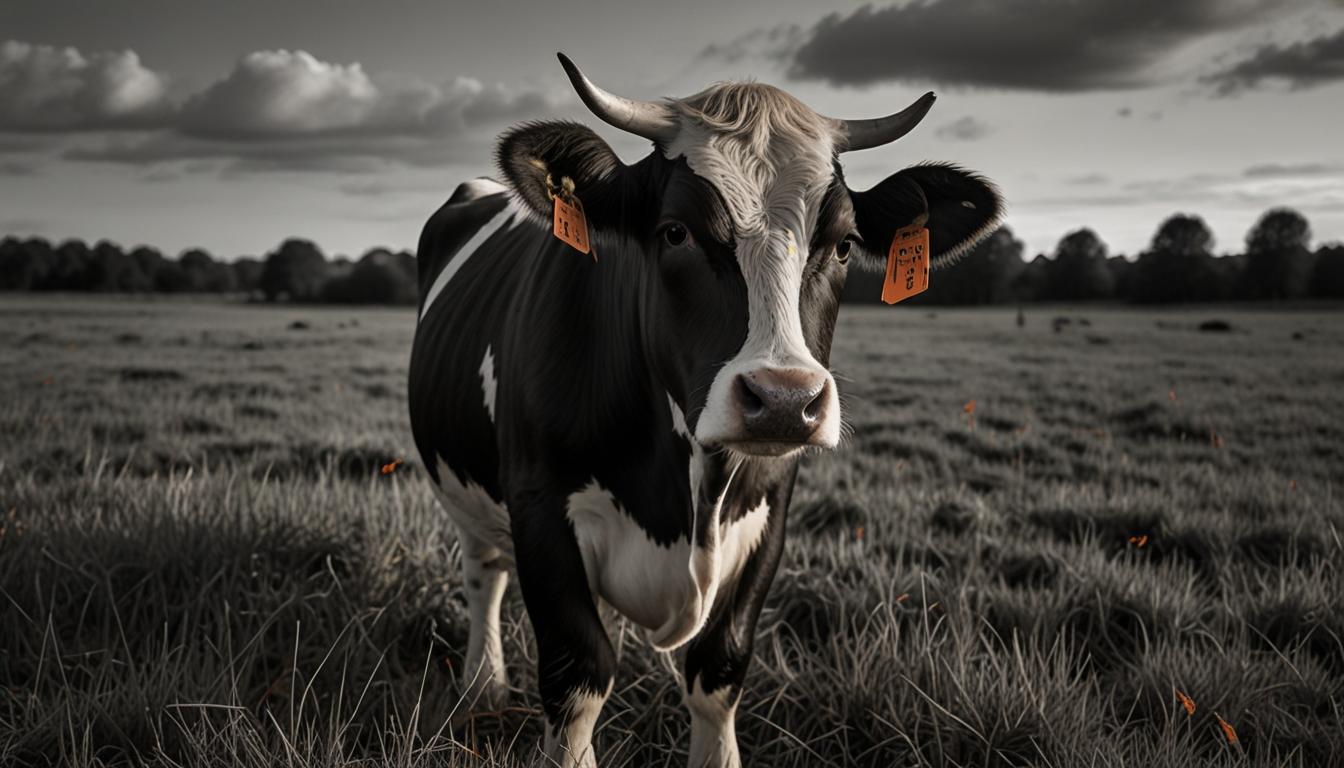Danish Dairy Farmers to Face Carbon Emissions Tax Starting 2030
Dairy farmers in Denmark will be required to pay an annual tax of 672 krone ($96) per cow starting in 2030 as part of the world's first carbon emissions tax on agriculture. The Danish coalition government announced the measure, which forms part of a broader initiative to meet the country's climate goals by addressing emissions from its major dairy and pork export industries.
The tax aims to reduce emissions from livestock farming, one of the largest contributors to climate change due to methane production. The levy will initially be set at 300 krone ($43) per tonne of CO2-equivalent emissions, increasing to 750 krone ($107) by 2035. A 60% tax break will be applied, effectively reducing the charge to 120 krone ($17) per tonne initially.
The revenue generated will support the agricultural industry's green transition, with reassessments planned after the first two years. While the agreement has received mixed reactions from the farming community, it is part of Denmark's commitment to significant emissions reductions as mandated by a 2021 parliamentary decision.
Foreign Minister Lars Lokke Rasmussen highlighted the transformational nature of the plan, which includes a 40 billion krone ($3.7 billion) investment in reforestation and wetland creation. Although the Danish dairy industry broadly supports the initiative, concerns about bureaucracy and its impact on green investments have been voiced.
The initiative is expected to inspire similar actions in other EU countries, though each has different needs and challenges.
Language: English
Word count: 231
Tone: Neutral, factual
Audience: General
Perspective: Informative
